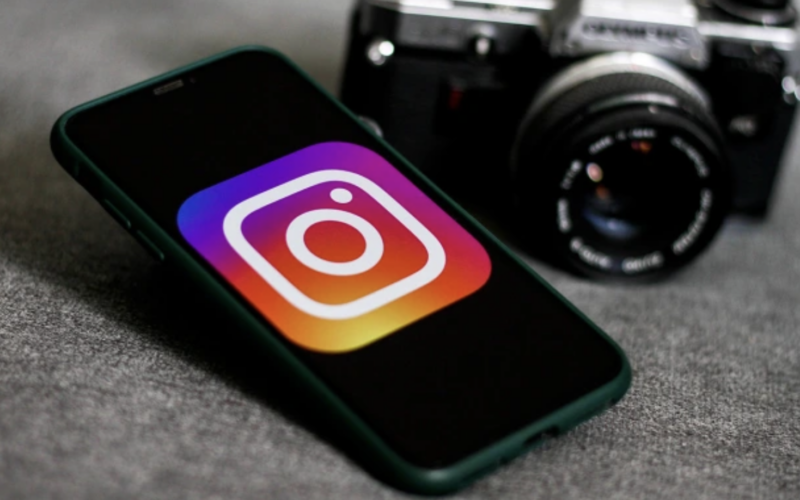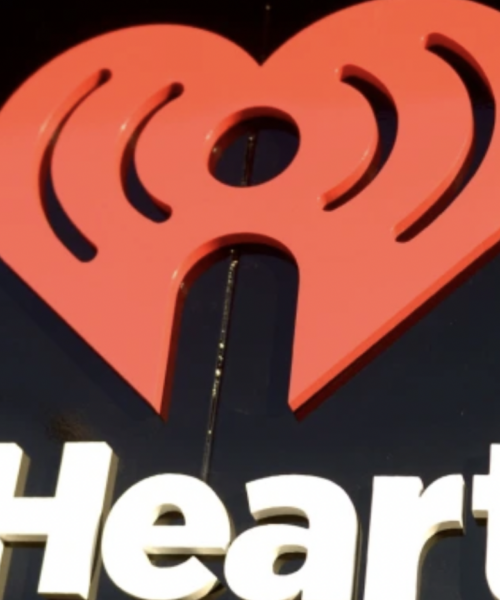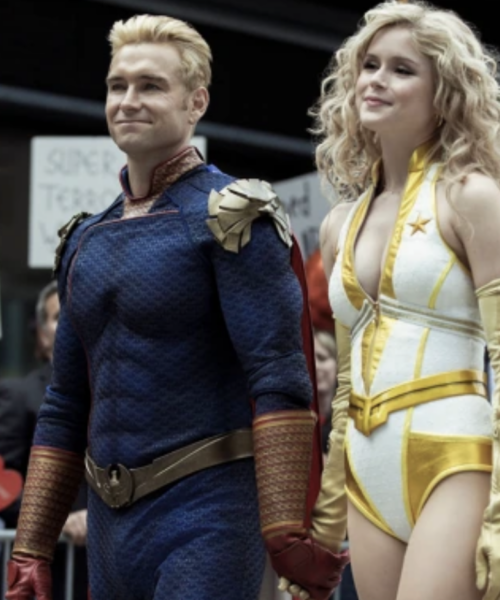BY ASHLEY CULLINS | HollywoodReporter.Com
Troy Warren for CNT #Digital
A California federal judge says established precedent supports the app’s argument that third parties embedding Instagram posts aren’t committing copyright infringement, so the social giant can’t be liable for enabling them.
Instagram has defeated a suit from users who say their embed feature flouts copyright laws by allowing third party websites display videos and images without a license.
Two photographers in May sued Instagram on behalf users who uploaded content to the app that was later embedded elsewhere without permission. Alexis Hunley and Matthew Brauer argue that Instagram’s embed feature lets third parties display content without licensing it and therefore the app is secondarily liable for enabling their copyright infringement.
Instagram in July filed a motion to dismiss the complaint, arguing that because embedding “is not direct copyright infringement” no one can be secondarily liable for enabling it.
The social media app argued that not only do users agree to terms of use that gives Instagram “a nonexclusive license to publicly reproduce and display the content the user uploads and posts to their account,” but the 9th Circuit U.S. Court of Appeals has established a “server test” under which a company can only be liable for copyright infringement if it “hosts and transmits” the material. Instagram argues it hosts and transmits the content but can’t be liable for directly infringing copyrights because it has a license — and, because third parties that embed posts can’t be liable under the server test, Instagram also can’t be liable for enabling it.
U.S. District Judge Charles R. Breyer on Friday granted the motion, agreeing with Instagram’s arguments about the server test established in Perfect 10 v. Amazon.com, but will give the photographers an opportunity to amend their complaint.
“If a website publisher does not ‘store’ an image or video in the relevant sense, the website publisher does not ‘communicate a copy’ of the image or video and thus does not violate the copyright owner’s exclusive display right,” Breyer writes in the order, which is embedded below. “Under Perfect 10, the third parties do not violate Instagram users’ exclusive display rights. Because they do not store the images and videos, they do not ‘fix’ the copyrighted work in any ‘tangible medium of expression.’ Therefore, when they embed the images and videos, they do not display ‘copies’ of the copyrighted work.”
Breyer continues, “In Hunley’s view, the Ninth Circuit’s server test misinterprets the Copyright Act. Hunley is free to present that argument to the Ninth Circuit and the Supreme Court. But this Court is not free to artificially narrow or overrule binding precedent.”
In Other NEWS



































